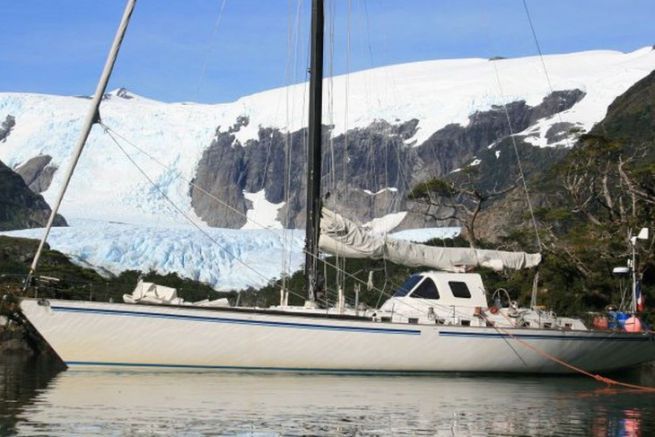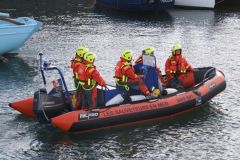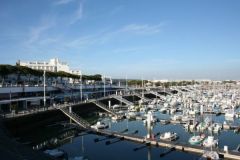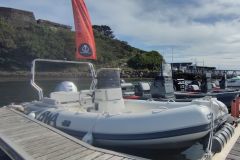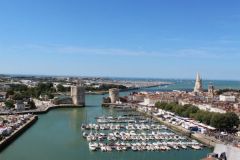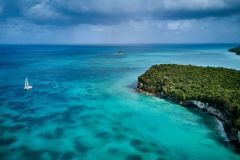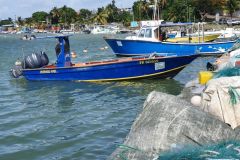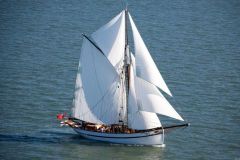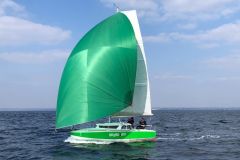The Paradise loses its skipper and a passenger in the South Atlantic
The accident occurred on March 5, 2019, and had left its mark on the French nautical community. The yacht Paradise, which offers cruises in Antarctica, lost its skipper, Arnaud Dhallennne and a crewmember, propelled overboard while the boat was lying on a wave in rough sea conditions, back from South Georgia. Despite the search, they could not be found and the sailboat was brought back to port by her mate, Morgane Ursault-Poupon.
A lack of maintenance and safety equipment on board the yacht
The BEAMer, in charge of the official investigation, has published its report on the marine incident of the sailing vessel Paradise. He identified three factors that contributed to the dramatic events on board. The first, resulting in the captain and the passenger falling overboard, is "lack of safety culture with passengers on board". It is a reminder of the lack of maintenance of the boat, whether it be the energy or heating sources, leading to crew fatigue, or the engine causing a breakdown during the search for men overboard. The absence of recovery equipment such as IOR boom, Lifesling, floating end jet line, rescue ladder, silzig or hoist and the failure to hold a safety briefing are pointed out. Associated with engine failure, they are the major reasons for the non-recovery of the missing.
Sailing boats in a corporate role: an unsuitable regulatory framework
The BEAMer also points out a major regulatory problem, which may partly explain the occurrence of the accident. The Paradise was registered as a sailing vessel in corporate registry and not as a commercial pleasure craft. It was therefore not subject to the same checks by the French flag, particularly in terms of equipment and maintenance. " The role of the company is a regulatory provision put in place to allow companies essentially engaged in ferry operations to embark their seamen on board the ENIM (social security and pension scheme for seamen), not to allow companies to carry out navigation similar to passenger transport without having the constraints of the NUC. Some seafarers are opening up corporate roles to carry out either boat rental or passenger transport with a registered aircraft in non-professional yachting. This practice is a circumvention of regulations. In order to be allowed to carry paying passengers, the ship must at least be of NUC status (or passenger ship when the route is regular) " reminds the BEA Mer.
In its conclusions, the report makes 3 recommendations:
- Before cataloguing a vessel, ensure that it is authorized to carry fare-paying passengers. This given the different possible statuses of these vessels. (For travel agencies)
- Organise a control campaign to check the administrative status of pleasure craft carrying paying passengers
- Study the possibility of introducing cross-checks to verify the consistency of the ship/sea/activity file

